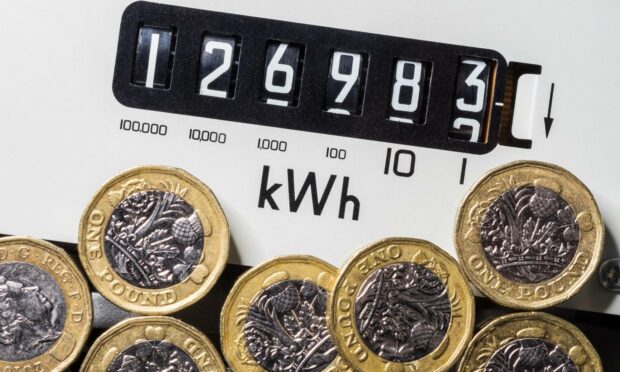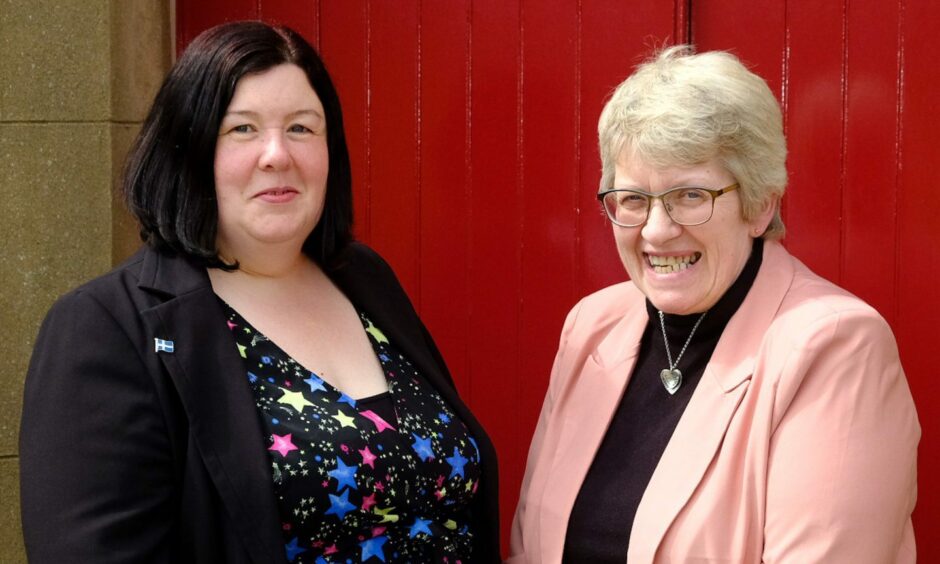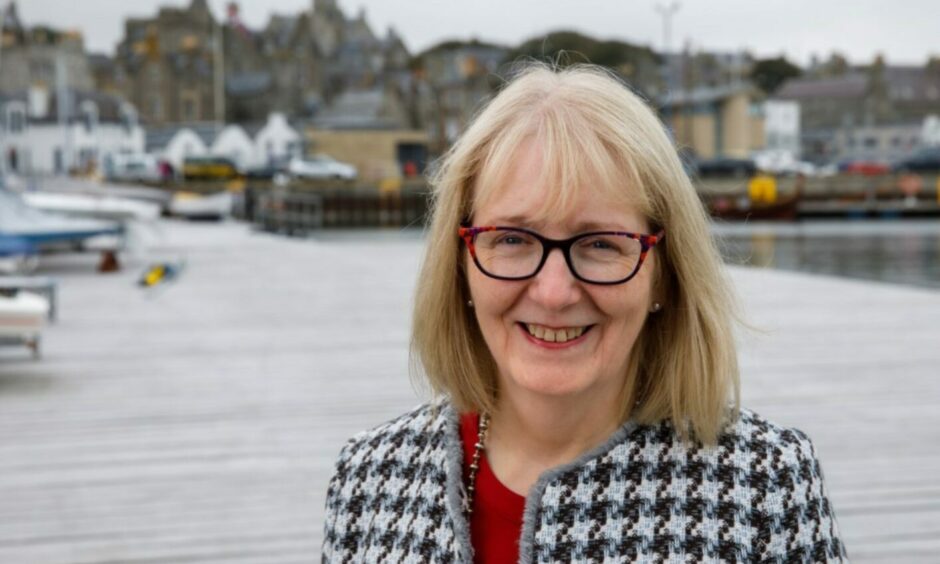Annual energy costs for households in Shetland are predicted to rise to more than £10,000 per year by April next year – around double the UK average.
Statistics show that the cost of living on the island is 20% to 65% higher than the rest of the UK.
This applies even under normal circumstances due to the colder climate, risk of poor insulation and lack of cheaper energy options, such as mains gas.
The average energy bill for island households is predicted to rise to £10,300 per year by April.
In comparison, the estimated average cost for the mainland is expected to rise to £5,136 per year.
By this time, a household in Shetland would need to earn £104,000 per annum to avoid being in fuel poverty.
The data also shows that 96% of households could be spending 10% of their incomes on energy costs.
‘A damaging impact’
The leader of Shetland Islands Council has written to the Chancellor of the Exchequer to highlight the “stark predictions” for energy costs.
Council leader Emma Macdonald is calling for special support to mitigate the unique circumstances of island life.
She said: “Our islands have been at the heart of oil and gas activity for over 40 years, yet our people have not seen the benefits of that in terms of a lower cost of fuel.
“Shetland has contributed, and will continue to contribute, significantly to UK energy exports, and yet people in our communities will struggle to heat their homes in the coming year.
“This is particularly ironic, given the continued development of offshore and onshore renewable energy production around Shetland.
“We are calling for UK Government support to enable host communities to secure long-term community benefit arrangements, which could include access to low-cost energy for islanders.
“But we also need immediate government help to address rising energy costs, which will have such a damaging impact on those who live in Shetland.”
‘You shouldn’t need to be a millionaire to stay warm’
Shetland MSP Beatrice Wishart said many residents and businesses on the islands were already struggling before the recent energy price rises.
She said: “One long-established business is saying that when they enter calculations for increasing energy costs in coming months they turn into a “substantially loss-making entity”.
“You shouldn’t have to be a millionaire to stay warm this winter.
“The Conservatives and the SNP have been caught like deer in the headlights. They must act now to spare families from soaring energy bills by cancelling October’s price cap increase.”
Highlands and Islands MSP Jamie Halcro Johnston said: “As an islander, I share Emma Macdonald’s very real concerns about the impact of rising energy prices in our communities.
“Whoever becomes the next prime minister must have tackling these issues at the very top of their in-tray.
“And while the £37 billion already committed by the chancellor – with targeted support for eight million of the most vulnerable households – is extremely welcome, it is clear that more will need to be done for households and businesses who are otherwise going to struggle.”
What support is coming?
On Friday, Ofgem announced an 80% rise in the average household’s energy bill which will push millions more into fuel poverty.
The price cap will rise to £3,549 on October 1 and is expected to rise again in January.
The government regulator’s chief executive said the new prime minister will have to “act fast” to help those who are struggling.
The Scottish Government has said it is treating the rising fuel costs as a “public emergency”.
It has announced a £1.2 million package to expand support services and called for the UK Government to take “immediate” action.
Prime Minister Boris Johnson has said it will be up to his successor to help people with the rising cost of energy bills.



Conversation